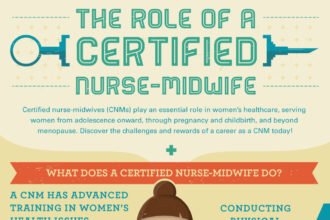I happened to run across this TEDxNewy 2011 (Newcastle, AU):
Paul Saul
I happened to run across this TEDxNewy 2011 (Newcastle, AU):
Paul Saul
Peter Saul is Senior Intensivist in the adult and pediatric ICU at John Hunter Hospital, and Director of Intensive Care at Newcastle Private Hospital. Having trained in Cambridge, London, Sydney and Harvard, he came to Newcastle to help start up the new ICU at John Hunter, and never left. He has been accused of being an “ethicist”, which he tries to deny, but does admit to having been Head of Discipline for Medical Ethics at Newcastle University in the past, and now provides ethical advice to the State and Federal health departments. Having been deeply involved in the dying process of over 4000 patients in the past 35 years, Peter has taken an interest in how we die, and how this has changed beyond all recognition in a single generation.
Paul Saul relates in a study of over 4000 patients medical records, only 1% had any documentation about how the patient wanted to die or the end of life treatment they desired. This leaves health professionals and sometimes family or guardians in a quandary as to when and if to stop life support. Think about this, if 99 people out of a hundred don’t leave instructions their care can be extended significantly. The economics may be staggering since ‘end of life’ care is the most expensive, spent in intensive care units.
How we die lives on in the minds of all who survive us. Stress increases seven fold by dying in intensive care units. In the U.S. one in five will die in intensive care, in Miami three out of five, and in Australia one in ten.”
Comment: from Tonya Roberts:
“The key point is that we’re not having conversations around our impending deaths, for reasons of fear predominantly. As a rule, we can assume that most of us don’t want to die and not before we have to. It’s a fine line b/w delaying death and prolonging life. Don’t throw out the whole talk b/c of the euthanasia element. I felt the missed opportunity for the funded ‘conversations’ keenly – like with many cultural shifts, this one may need to happen at a political level first.
Least frequent, sudden death is rare now, increasing frailty and disability are now the most frequent means of dying.
Intensive care units may be misconstrued as ‘life-saving’ when they are ‘life extending’.
Saul goes on further to say that a continuous dialogue is needed to elevate awareness of choice on dying. If the dialogue ceases the awareness decreases rapidly.
People may need to use the political process to make the entire process patient and family centered rather than ‘medicalized’ This is also fraught with fear and resistance as demonstrated in the Patient Affordability and Care Bill, when fierce emotional reactions resulted yielding the term “Death Board”. This ‘split type’ of analysis does not serve patients or families well. Death cannot be codified by society.
Dame Cicely Saunders, the founder of the hospicemovement made these remarks,
“You matter because you are you
And you matter to
The last moment of
Your life”








